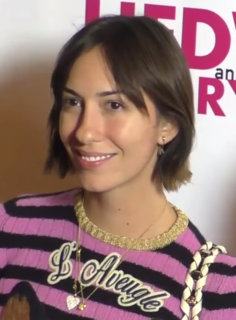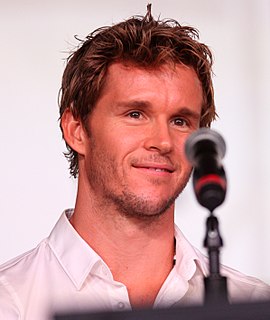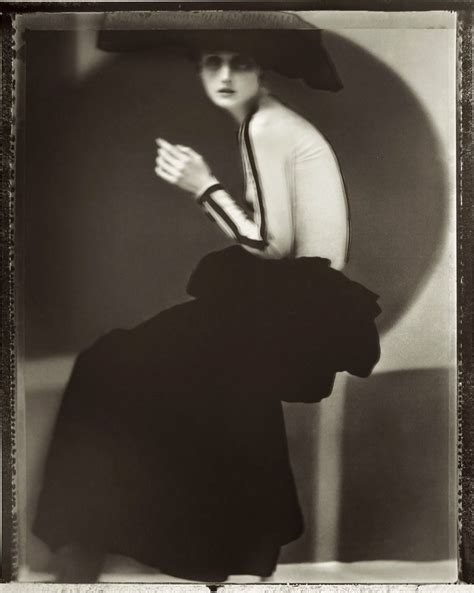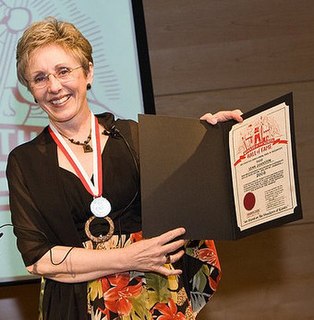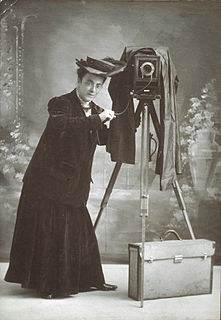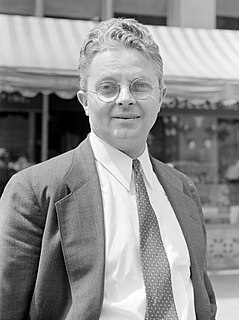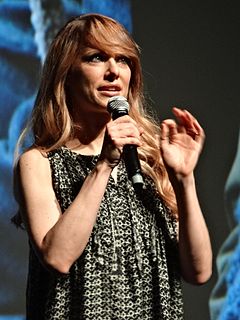A Quote by Gia Coppola
I'm so drawn to photography because you can convey a complex story in a single frame.
Related Quotes
To know whether photography is or is not an art matters little. What is important is to distinguish between good and bad photography. By good is meant that photography which accepts all the limitations inherent in photographic technique and takes advantage of the possibilities and characteristics the medium offers. By bad photography is mean that which is done, one may say, with a kind of inferiority complex, with no appreciation of what photography itself offers: but on the contrary, recurring to all sorts of imitations.
There is a theory, that I rather subscribe to. The frame story implies that if he doesn't change, she will kill him. It's all very complex and subtle. The story is about a woman who persuades a man in power to a different temper and attitude, and so it is about women's wiles, what women will get up to. She has a plan, she has a scheme.
Too many photographers try too hard. They try to lift photography into the realm of Art, because they have an inferiority complex about their craft. You and I would see more interesting photography if they would stop worrying, and instead, apply horse-sense to the problem of recording the look and feel of their own era.
I collect art on a very modest scale. Most of what I have is photography because I just love it and it makes me happy and it looks good in my home. I also have a pretty big collection of art books mainly, again, on photography. A lot of photography monographs, which is great because with photography, the art itself can be reproduced quite well in book form.
